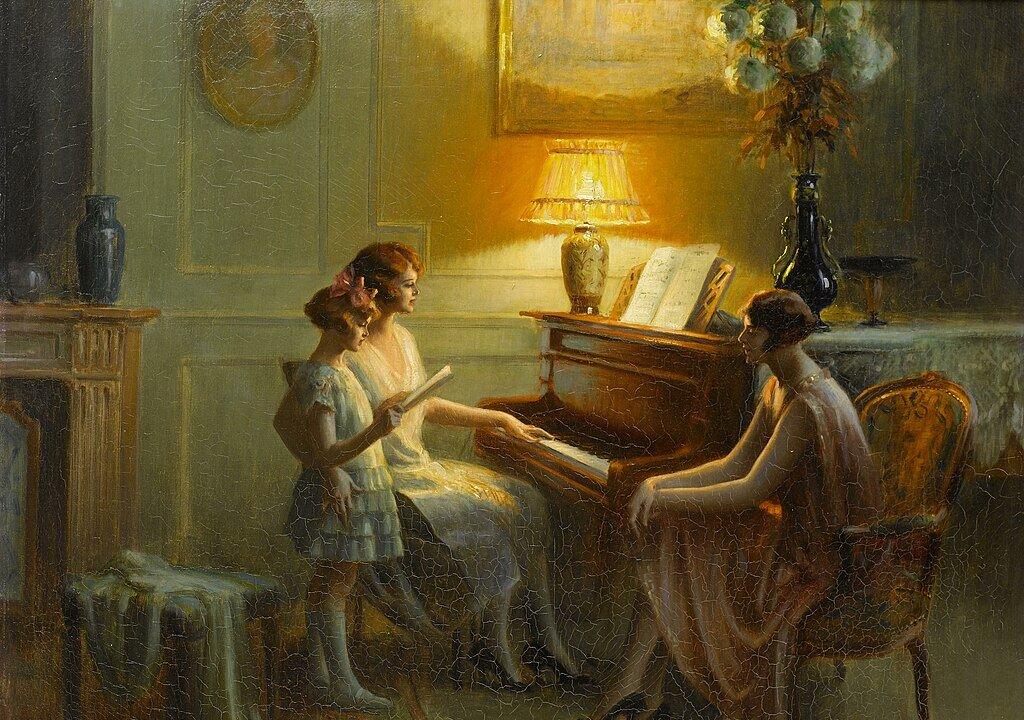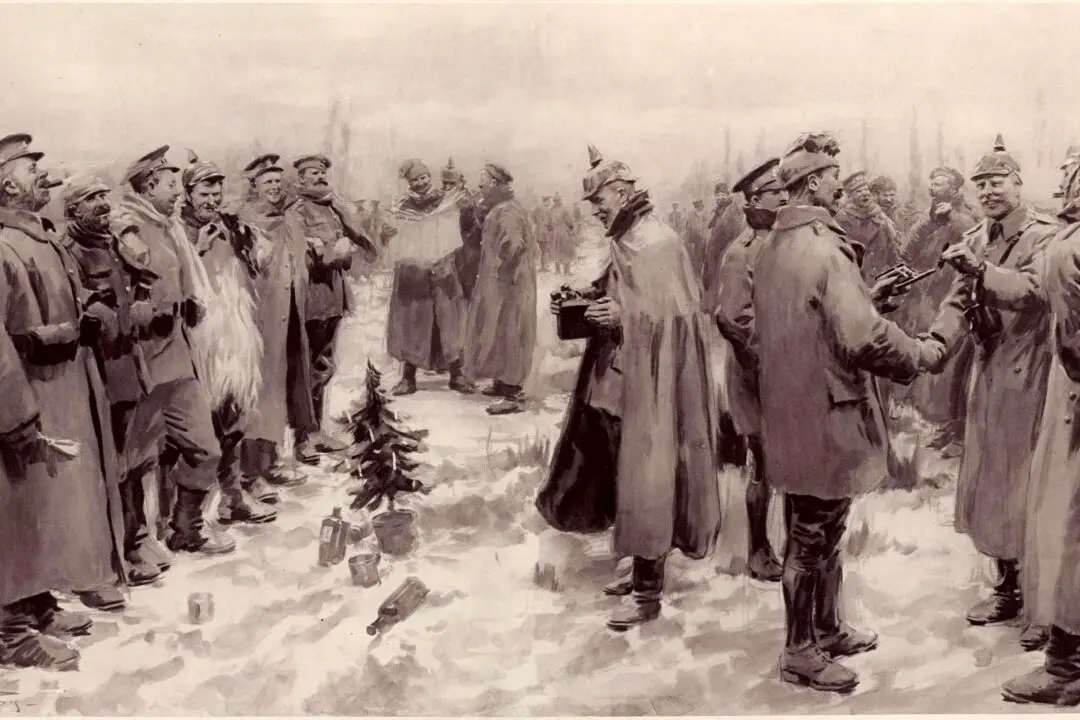Many things we thought we knew have been found to be false. Things like “the world is flat,” or “the sun revolves around the world,” make us a bit more cautious when arriving at a conclusion or passing judgment.
Regarding aesthetic matters, one sees that works of art are great mysteries whose qualities and laws are far beyond our knowing. Whether they are good or bad is a more confounding issue still. Beethoven’s great mystery, the Ninth Symphony, has been perceived in many ways, as many, in fact, as there have been listeners. It seems sublime to some, monstrous to others. The music historian and novelist Romain Rolland said it was “an unsurpassed triumph of the human spirit.” Yet, Ludwig Spohr, the German composer and Beethoven’s contemporary, called it grotesque, tasteless and trivial.






